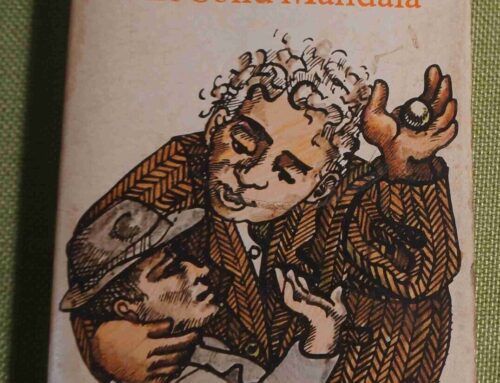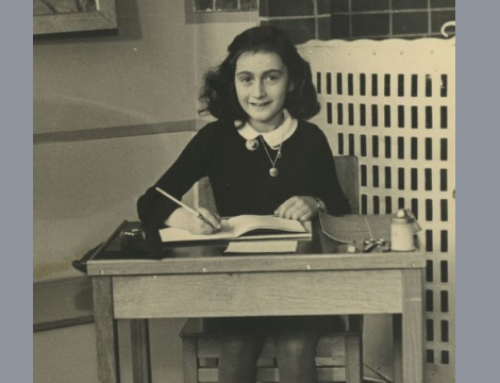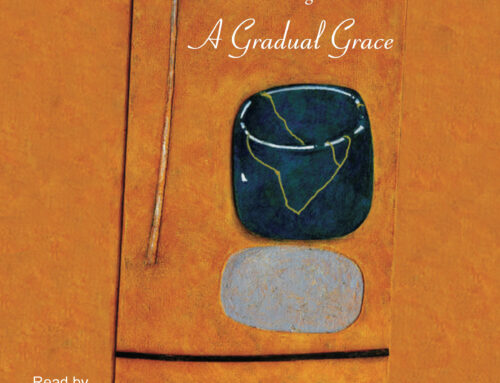Skating to Antarctica by Jenny Diski was published in 2003. I recently discovered it when a writer friend suggested I look at it as a model of unravelling a personal story by spiralling in and out of a themed narrative. I didn’t know what to expect; I had heard of Diski, but not read anything of hers before. I knew she had died of inoperable cancer in 2016.
I found the book strange, confronting, and yet compelling. Strange because the theme is her journey to Antarctica; the title reflects her childhood experiences of skating on an ice rink, which aggravated her with its limits. She wanted to skate on and on, endlessly. She learned to skate before she could walk. Her mother, who used to take her, and sit for hours and hours watching, dreamed of being the mother of the youngest skating champion ever, an ice princess. Something went wrong. After a while Jenny refused to practise, and life got in the way.
Now, after lengthy travel legs on the way to Antarctica, she arrives in Cabin 352, in a Russian cruise ship. The room is:
…quite as right as it could be, and in recognition of this I let out a gasp and then laughed at the improbability of my being here, far from anywhere and entirely, at that moment, satisfied with my environment. Plain white walls…The bedding, to my delight, was all white. Sheet, pillow cases and thin padded duvet, neatly folded and ship-shape. White, all white.
Jenny is an astute, ironical observer of herself and others, and entertains us with many anecdotes and encounters with fellow travellers. This braid of the narrative alone would make a splendidly entertaining and enriching travel story.
But there is a darker, hidden theme, which is slowly revealed. It is many years since she last saw her mother. Her daughter Chloe finds a death certificate which may be her mother’s, and with Jenni’s permission, sets out to find out whether she is dead or alive. Jennifer (herself as a child) has lived inside Jenni’s head, “no more certain than any other figment of my imagination. I might have made her up. I did make her up from time to time.” Her memories are of ghosts that haunted her and shouting parents.
Jenni looks up some of the women who had lived in the same block of flats as she and her parents had lived in, and visits them to talk about her parents. Her father left when she was six, her mother had a breakdown and was taken to a mental hospital, and Jennifer stayed with a foster family for two or three months. Father returned, the family was together again until the father left, for good this time, when she was eleven. The three women she visits give her scraps of information, which help her to remember. The memories are disturbing. The mother’s behaviour was erratic, swinging between violent outbursts and depression.
Living with her, day by day, was like skating on newly formed ice…. I cannot recall a moment in my life when I have wished that she was there….Bad, sad luck; human child-rearing arrangements are a crap shoot. You might as well be enraged at the ice for being too fragile to hold your weight.
As the actual journey to the heart of ice continues, more is revealed of her awful childhood, including her own hospitalisations for depression during her adolescence. In her times of depression, she saw “what was actually there to be seen. Intolerable blankness.” An absence of everything, like the whiteness of Moby Dick. The white walls of psychiatric hospitals, white sheets, peopleless landscapes, snow and ice, are her refuge from… from what? The mystery at the heart of her being is not fully revealed. Perhaps it is death, perhaps it is the psychic void of aloneness, of no one being able to help. When depression strikes, the thought arises: “Why isn’t someone helping me? Why have I got to do this on my own? I can’t.”
The child’s outrage is still with her.
I could go on, but I would be going round in circles. The heart of darkness in this book is white, all white. There is satisfaction in having her memories of her mother corroborated by witnesses. There is relief, that “she had been as I remembered her.” This is Jennifer/Jenni’s consolation.




